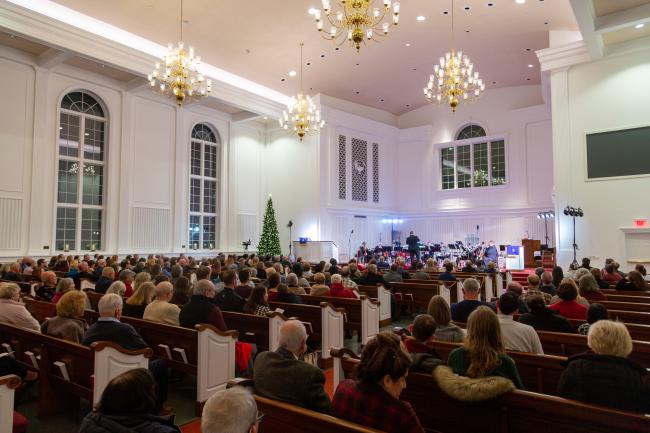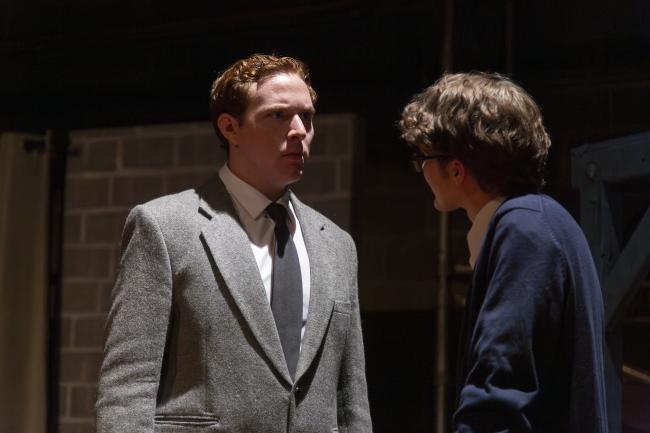The Waynesburg University Stover Scholars will present “Province and Duty: The Legacy of Marbury v. Madison” in celebration of Constitution Day Thursday, Sept. 19, at noon in the Goodwin Performing Arts Center.
The public is cordially invited to attend. Admission is free, although reservations are highly recommended. To reserve a ticket, visit waynesburg.ticketleap.com/constitutionday2019.
The play dramatizes the 1803 Supreme Court case Marbury v. Madison. In that case, Chief Justice John Marshall opined for a unanimous Supreme Court, sharing “it is emphatically the province and duty to say what the law is,” and held that the Judiciary Act of 1789 was unconstitutional, thereby asserting the power of judicial review, the authority of the Supreme Court to strike down unconstitutional laws.
“This drama brings to life the political and constitutional dynamics behind the Supreme Court's most famous decision, Marbury v. Madison," said Dr. Lawrence M. Stratton, director of the Stover Center for Constitutional Studies and Moral Leadership and associate professor of ethics and constitutional law.
Ryan Williams, a junior political science major, chaired a committee of Stover Scholars who authored the play based on the ESPN show “Sports Center.”
"Over the past few months, we really wanted to make a play that was not only true to Marbury v. Madison, but one that has a unique taste and is easy to understand for the audience,” said Williams. “We really believe that the ‘Court Center’ sports theme will be refreshing and entertaining. It will also prove to be a great learning experience for those in attendance that do not know much about the historic case."
The play is directed by Edward L. Powers, professor of theatre and director of the Theatre Program at Waynesburg University.
For more information, contact Christine Schwartzmiller at 724-852-3251.
Stover Center
Waynesburg University’s Stover Center for Constitutional Studies and Moral Leadership is an interdisciplinary scholarly center dedicated to bringing insights from the U.S. Constitution’s Founding Era and from Christianity to bear in the contemporary public square, with the ultimate goal of creatively transforming the ethical state of the polis.


